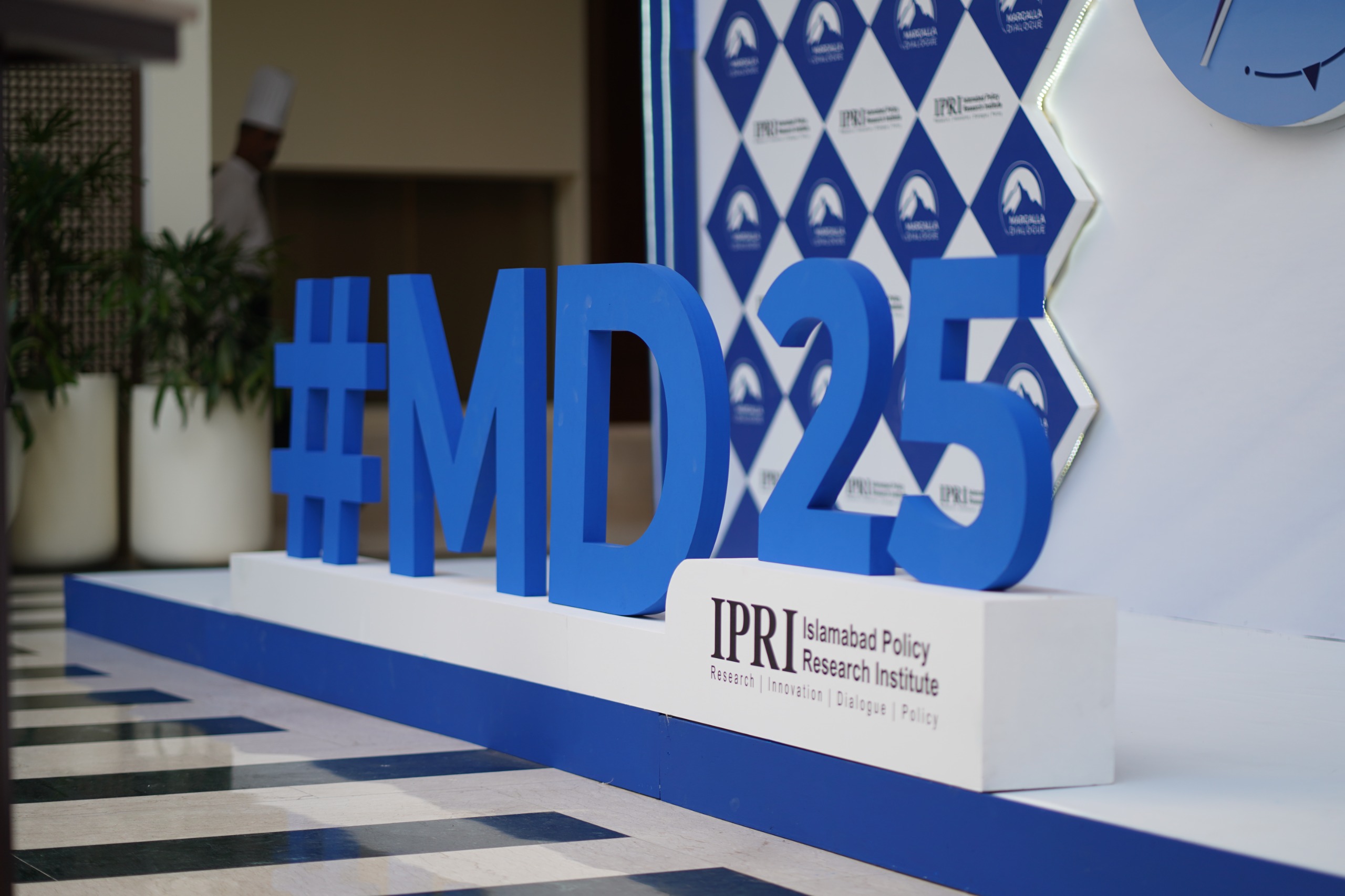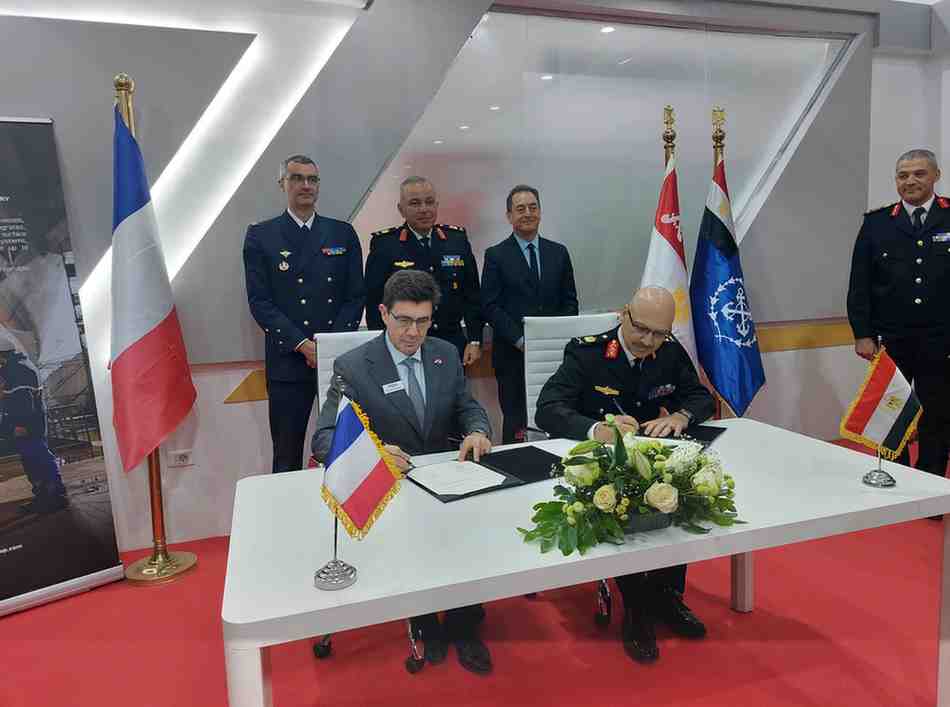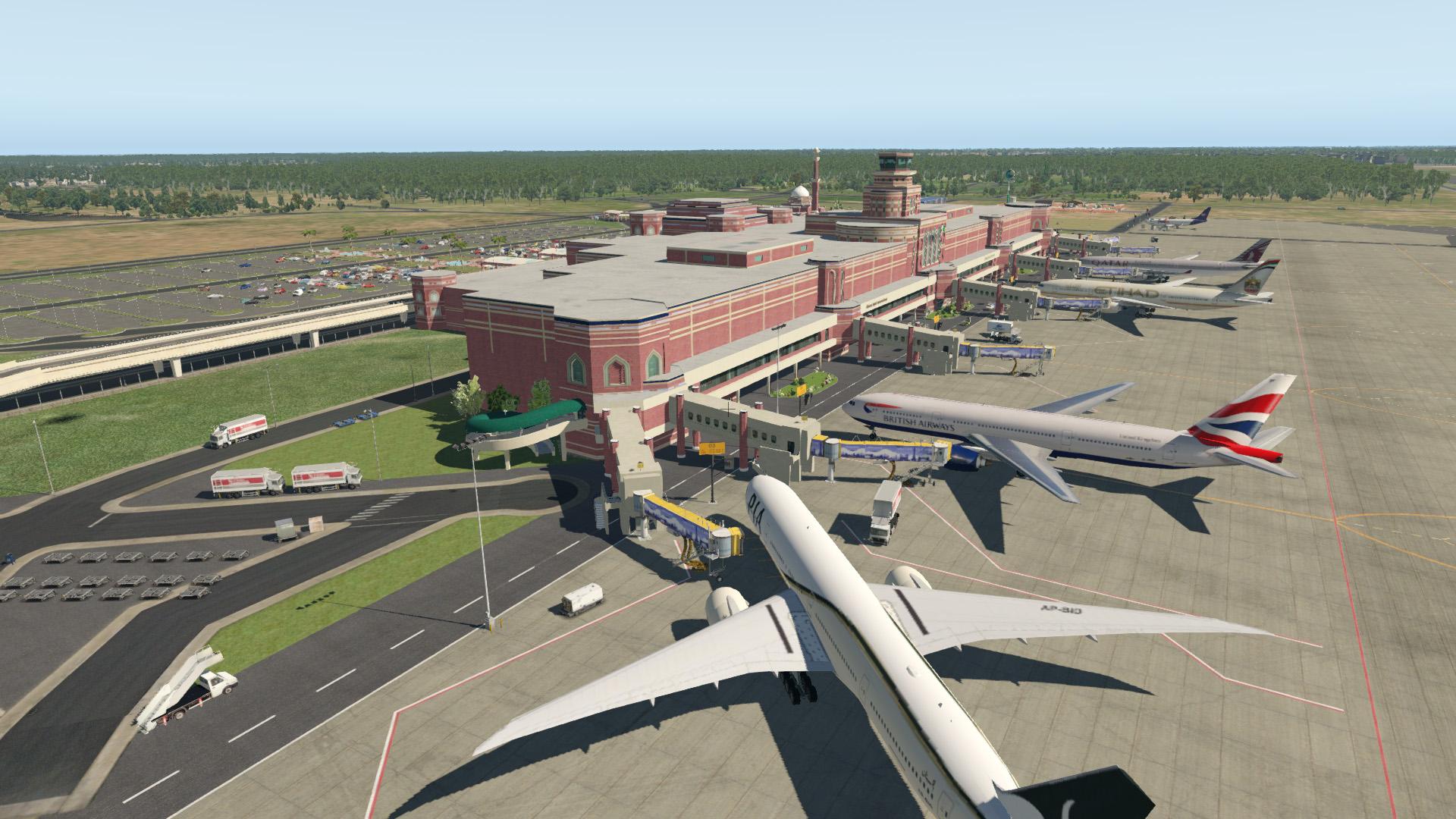Pakistan’s Deputy Prime Minister and Foreign Minister delivered a compelling address at the opening session of the Margalla Dialogue 2025, emphasizing that the world stands at a critical juncture where cooperation, not confrontation, must define the future of the global order.
Themed “The Future of Global Order: Cooperation or Confrontation,” the sixth edition of the Dialogue focuses on the erosion of multilateral values and the need for a collective approach to address emerging global challenges. The Deputy Prime Minister underscored that the weakening of multilateral institutions, deepening economic inequalities, and worsening climate crises demand renewed international solidarity.
He noted that the United Nations Security Council’s political divisions have undermined its role, particularly in addressing long-standing disputes such as Palestine and Jammu & Kashmir, fueling the perception of institutional paralysis. He warned that debt distress and economic inequity have engulfed over a hundred developing nations, threatening the achievement of the Sustainable Development Goals (SDGs).
Reaffirming Pakistan’s unwavering belief in multilateralism, he said:
“As the world’s most representative multilateral institution, the United Nations remains uniquely placed to address global challenges. Pakistan remains committed to the principles of the UN Charter — self-determination, non-use of force, and peaceful settlement of disputes.”
He highlighted Pakistan’s presidency of the UN Security Council in July 2025, during which Resolution 2788 was adopted unanimously, reflecting Islamabad’s dedication to peaceful conflict resolution and institutional reform. He also emphasized Pakistan’s active engagement with the Organization of Islamic Cooperation (OIC) and the Global Governance Initiative (GGI) of China, aimed at making global governance more equitable and responsive to developing nations’ needs.
The Deputy Prime Minister called for comprehensive reforms in the international financial architecture, equitable access to digital and advanced technologies, and urgent climate finance commitments by developed nations as the world heads to COP30 in Brazil.
He reaffirmed Pakistan’s vision of geo-economics and regional connectivity, stating that the country’s strategic location at the crossroads of South Asia, Central Asia, and the Middle East provides vast opportunities for collaboration.
“We remain open to engaging with all partners and institutions to achieve our shared goals. The discussions at this forum must help identify new pathways toward a peaceful, stable, and prosperous future,” he concluded.
- GDI Staffhttps://defensetalks.com/author/umair/
- GDI Staffhttps://defensetalks.com/author/umair/
- GDI Staffhttps://defensetalks.com/author/umair/
- GDI Staffhttps://defensetalks.com/author/umair/












